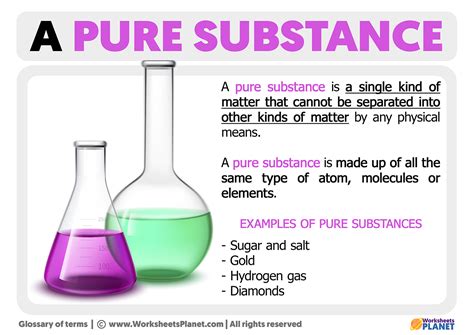Blood is a vital component of the human body, playing a crucial role in transporting oxygen, nutrients, and waste products throughout our system. However, have you ever stopped to think about the nature of blood? Is it a pure substance, or is it a mixture of different components? In this article, we will delve into the world of blood and explore three key facts that reveal its true nature.
The Complexity of Blood
Blood is often thought of as a single entity, but in reality, it is a complex mixture of various substances. It is composed of several different components, including plasma, red blood cells, white blood cells, and platelets. Each of these components plays a unique role in maintaining the overall health and function of the body.

Fact #1: Blood is a Mixture of Cells, Proteins, and Fluids
Blood is not a pure substance, but rather a mixture of different cells, proteins, and fluids. The liquid portion of blood, known as plasma, makes up approximately 55% of its total composition. Plasma is primarily composed of water, but it also contains proteins, nutrients, hormones, gases, waste products, and other substances. The remaining 45% of blood is made up of various cells, including red blood cells, white blood cells, and platelets.

Fact #2: Blood is Classified as a Colloid
A colloid is a mixture in which one substance is divided into minute particles, known as colloidal particles, and dispersed throughout a second substance. In the case of blood, the colloidal particles are the various cells and proteins that are suspended in the fluid portion of plasma. This classification is important, as it affects the behavior and properties of blood.

Fact #3: Blood is Not a Solution
A solution is a mixture in which one substance is dissolved in another substance. In the case of blood, the various cells and proteins are not dissolved in the plasma, but rather suspended within it. This distinction is important, as it affects the way in which blood behaves and interacts with other substances.

Gallery of Blood Components






Frequently Asked Questions
What is the main function of blood in the human body?
+The main function of blood is to transport oxygen, nutrients, and waste products throughout the body.
What is the difference between a solution and a colloid?
+A solution is a mixture in which one substance is dissolved in another substance, whereas a colloid is a mixture in which one substance is divided into minute particles and dispersed throughout a second substance.
What are the different components of blood?
+The different components of blood include plasma, red blood cells, white blood cells, and platelets.
We hope this article has provided you with a deeper understanding of the nature of blood and its various components. Whether you are a medical professional or simply someone interested in learning more about the human body, we encourage you to continue exploring the fascinating world of blood and its many mysteries.
